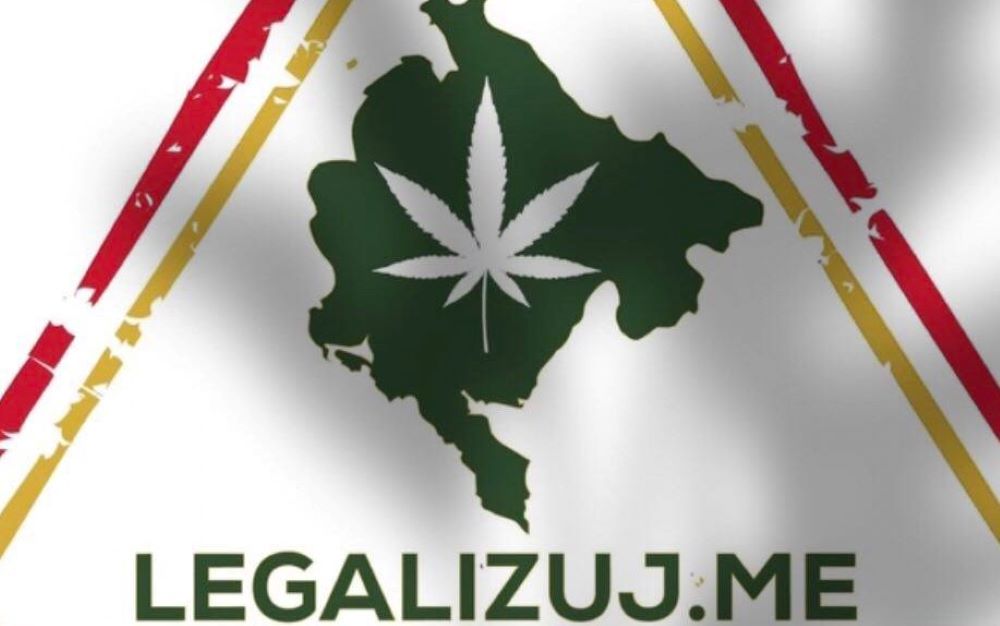Criminalization of drug use has proven to be the wrong path. A completely new approach to the use of psychoactive substances is needed, with an emphasis on a different attitude towards people who use them.

Ivana Vujović
Almost every fifth person aged 15 to 24 in Montenegro has tried cannabis. This was shown by 2017 research run by the Institute of Public Health on a representative sample of citizens over 15 years of age.
Considering this type of research tends to underestimate the actual size of the population that has tried or regularly uses illegal substances, we can assume that this number is even higher. Roughly speaking, at least 16,000 young people in Montenegro, aged 15 to 24, had direct or indirect contact with the market for illegal substances. When we look at other age categories, the share of the population that once used or continues to use cannabis is declining, though remains relatively high. Research among high school students has shown that marijuana is also available to children.
Criminalization of drug use has proven to be the wrong path. A completely new approach to the use of psychoactive substances is needed, with an emphasis on a different attitude towards people who use them. The ‘war on drugs’ has brought a number of problems, including an extremely stigmatising attitude towards those who use them, which has made the whole problem much more complicated and the consequences more tragic. The whole concept of dealing with the widespread use of psychoactive substances lacks an honest and humane relationship, as well as an understanding of the different reasons why people consume them.
Drug use and possession for personal use should be decriminalized, and marijuana use legalized. This would reduce the contact of a large number of people with illegal activities, as well as relieve the police, prosecutors, judiciary, and prisons. A large number of people have been convicted for possessing a small amount of cannabis, or having very little participation in its distribution, most often in a period of their early youth. Greater damage was done by depriving these persons of their liberty than the perceived benefits society gained. Marijuana certainly does not cease to be widely available.
It is necessary to accept the reality as it is and, by establishing controlled use, reduce the harmful consequences of the use of psychoactive substances, as well as recognize and enable the use of cannabis for medical purposes.
Certainly, the legalization of the use and cultivation of marijuana should be carried out very carefully, even gradually. This process is not quick and easy and requires the involvement of a wide range of stakeholders, including the users themselves.
Tobacco products do not have positive effects on health, but they are legal. A legal ban on tobacco use would do more harm than we can imagine. Prohibition did not make alcohol use less frequent, but more dangerous. When we draw a parallel with marijuana, we can come to similar conclusions. An honest debate should be open at both national and regional levels, taking into account related markets. Precise legal control should also reduce the negative consequences of cannabis use.
In December 2020, the UN Commission on Narcotic Drugs, based on a proposal by the World Health Organization and research conducted by a commission composed of top drug experts, removed cannabis and cannabis resin from the category of the most dangerous narcotics and placed it in a category with significantly more flexible control regime. This view does not provide a basis for the global legalization of cannabis, but it is a positive signal for the registration of the substance for medical purposes. There has been a general change in attitudes about cannabis, and this is evidenced by the fact that in many European countries the use of cannabis for medical purposes is legalized, as well as in 36 US states, while in 17 federal states the use of marijuana for recreational purposes is allowed.
The UN maintains that the use of cannabis is not without harm, and we at Juventus believe that the use of this substance is even more harmful when the user does not know what they are actually consuming.
Ivana Vujovic, executive director of Juventas, non-governmental organisation contributing to improvement of human rights and democratisation in society more widely



Leave A Comment